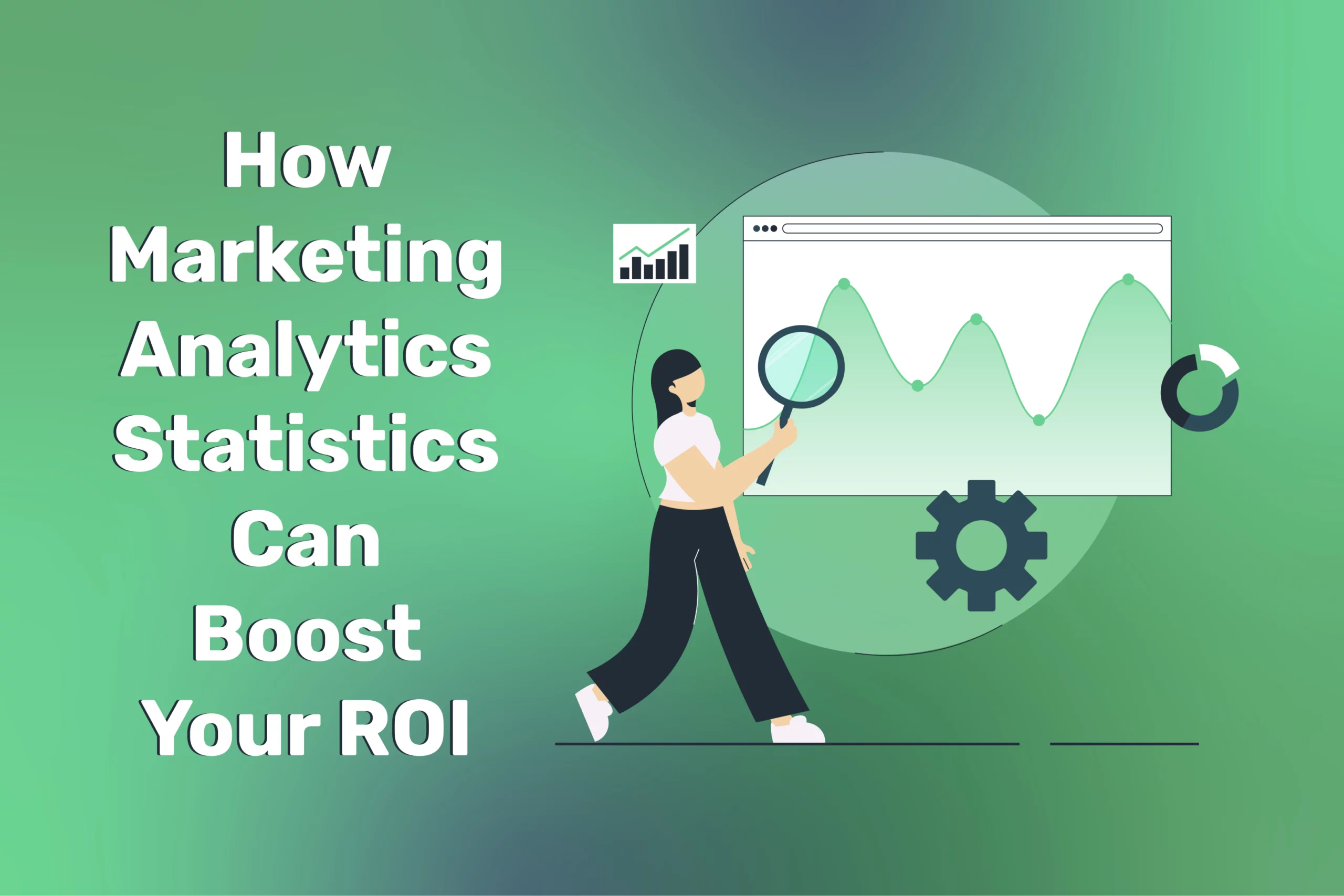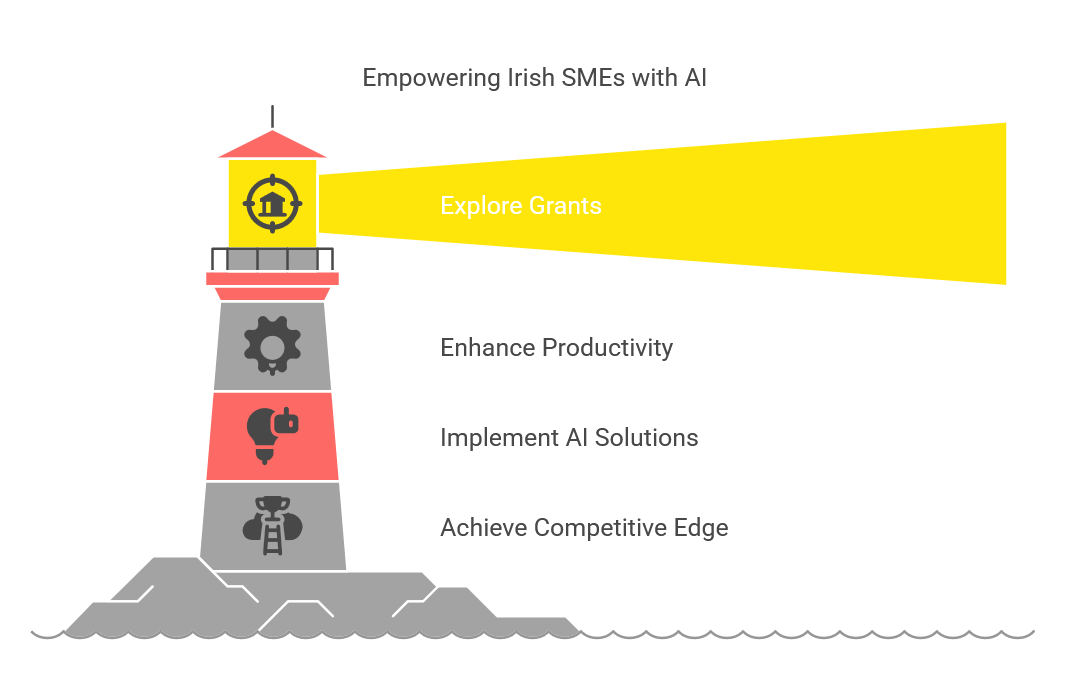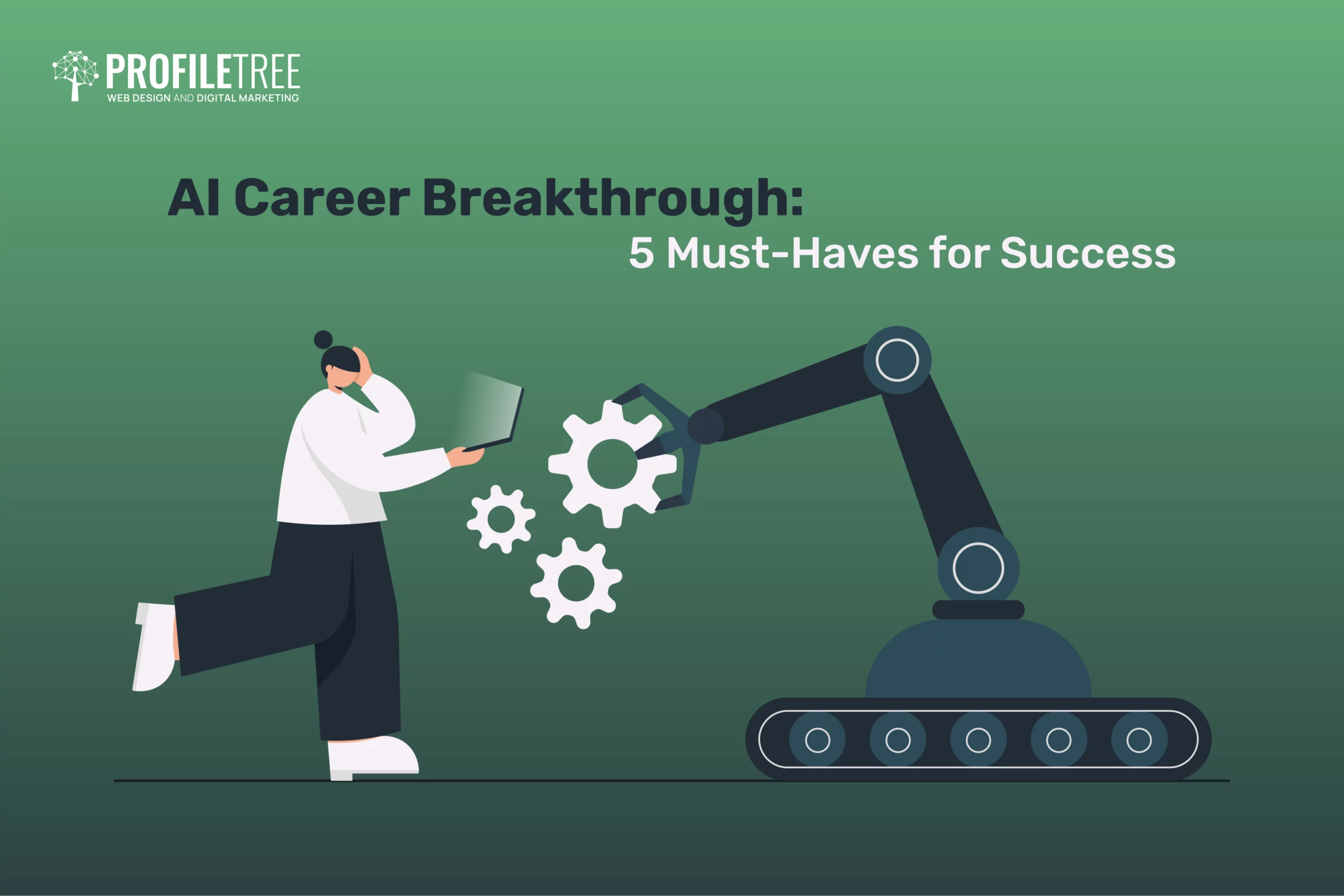
DeepSeek: Democratising AI Development for Startups and Researchers
Table of Contents
Historically, artificial intelligence development required substantial financial resources, specialised data laboratories, and enterprise-level infrastructure. DeepSeek—an emerging open-source AI framework—aims to transform this landscape by democratising access to advanced machine learning capabilities. This framework enables startups across Ireland, Northern Ireland, and the UK, as well as academic researchers, to build sophisticated AI models without prohibitive costs. This comprehensive analysis examines DeepSeek’s foundational philosophy, practical applications, and significant advantages for smaller organisations leveraging cutting-edge machine learning technologies.
“If DeepSeek truly lowers the AI implementation barrier, local innovators can rapidly transition from concept to minimum viable product—creating new opportunities for innovative solutions in healthcare, financial services, and creative industries,” states Ciaran Connolly, Director of ProfileTree.
The Open-Source AI Movement: A Paradigm Shift
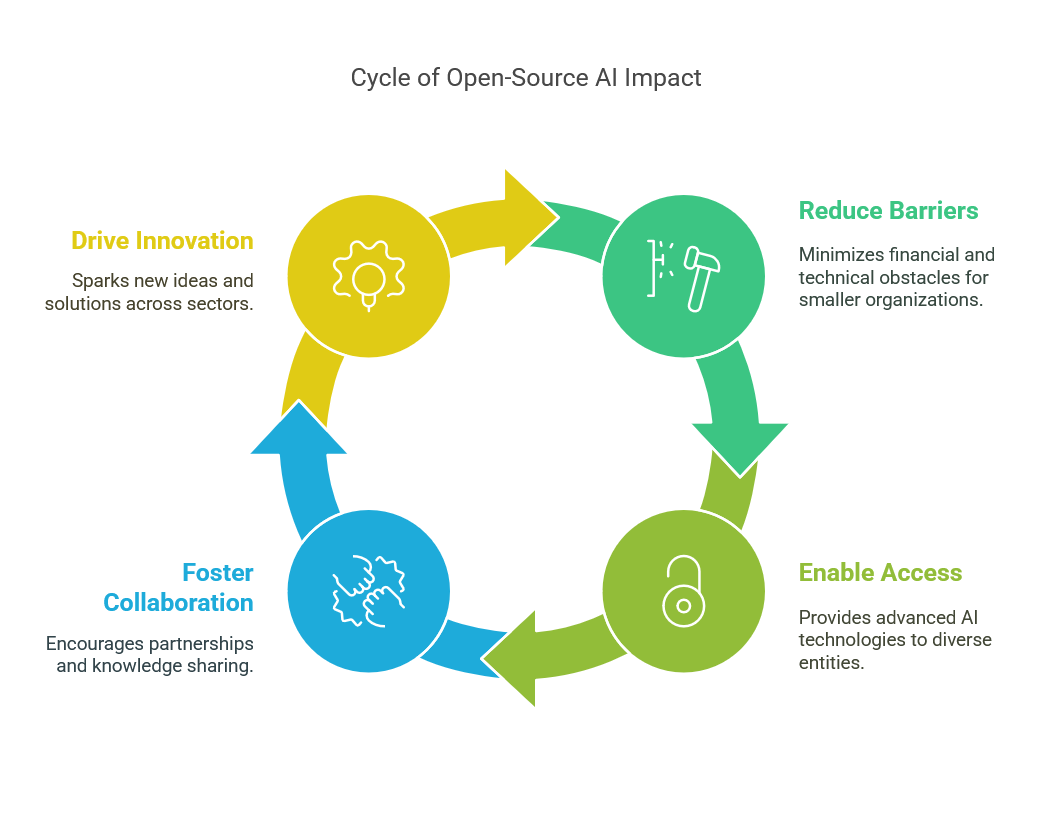
The open-source AI movement transforms how artificial intelligence is developed and accessed, enabling smaller organisations and research institutions to leverage advanced technologies without significant financial or technical barriers. This shift is promoting collaboration and innovation across various sectors.
The Value of Open-Source Development
While established frameworks like TensorFlow and PyTorch have made AI coding more accessible, many large pre-trained models remain proprietary and expensive. DeepSeek’s open approach fundamentally changes this dynamic by making core code, pre-trained model checkpoints, and comprehensive training scripts available. This accessibility allows smaller development teams to adapt sophisticated AI capabilities cost-effectively to address specific business challenges.
Democratising Advanced Technologies
By providing enterprise-grade architectures (including HPC-level language and image processing models) at minimal or no cost, DeepSeek follows the successful pattern established by previous open-source initiatives. This approach fosters an inclusive community where startups in regional technology hubs like Belfast or Cork can develop machine-learning solutions tailored to local requirements without significant licensing expenses.
Community-Driven Innovation
The open-source model encourages collaborative improvement, with developers from diverse backgrounds contributing enhancements, identifying issues, and sharing optimisations. This distributed development approach often leads to more robust, innovative solutions than closed proprietary systems developed by limited teams with uniform perspectives.
DeepSeek’s Core Technical Capabilities
DeepSeek offers a range of powerful technical capabilities, enabling organisations to build customised AI solutions. From scalable architectures to advanced transfer learning, the framework provides flexibility and accessibility for businesses and researchers at all levels.
Flexible, Scalable Architectures
DeepSeek supports a broad spectrum of model configurations—from lightweight implementations suitable for edge devices to comprehensive high-performance computing deployments for complex analytical tasks. This flexibility enables diverse implementations; for example, a small enterprise in Galway might deploy streamlined models on standard GPU hardware, while a major research institution in Edinburgh could leverage HPC clusters for sophisticated analyses.
Modular, Customisable Training Pipelines
The framework’s modular approach to training—encompassing data ingestion, augmentation, and model fine-tuning—provides significant advantages for organisations at different capability levels. Less experienced teams can utilise pre-configured pipelines for rapid deployment, while advanced users can customise specific components to incorporate domain-specific knowledge or address regional language variations.
Extensive Community Model Repository
The DeepSeek ecosystem includes a comprehensive library of shared pre-trained models addressing various specialised requirements, such as image classification systems for regional signage or language models optimised for specific dialects and terminology. This collaborative repository significantly reduces duplication of effort, accelerating innovation for location-specific AI applications.
Advanced Transfer Learning Capabilities
DeepSeek excels at transfer learning—adapting generalised models for specialised applications with minimal additional training. This capability is particularly valuable for organisations with limited computational resources or smaller datasets, enabling them to achieve sophisticated functionality that would otherwise be unattainable.
“Rather than requiring every organisation to develop solutions independently, DeepSeek encourages a collaborative ecosystem—businesses can leverage existing pre-trained models for specific language processing or domain-specific tasks, significantly accelerating their development timeline,” explains Ciaran Connolly.
Transformative Impact for Startups and Research Institutions
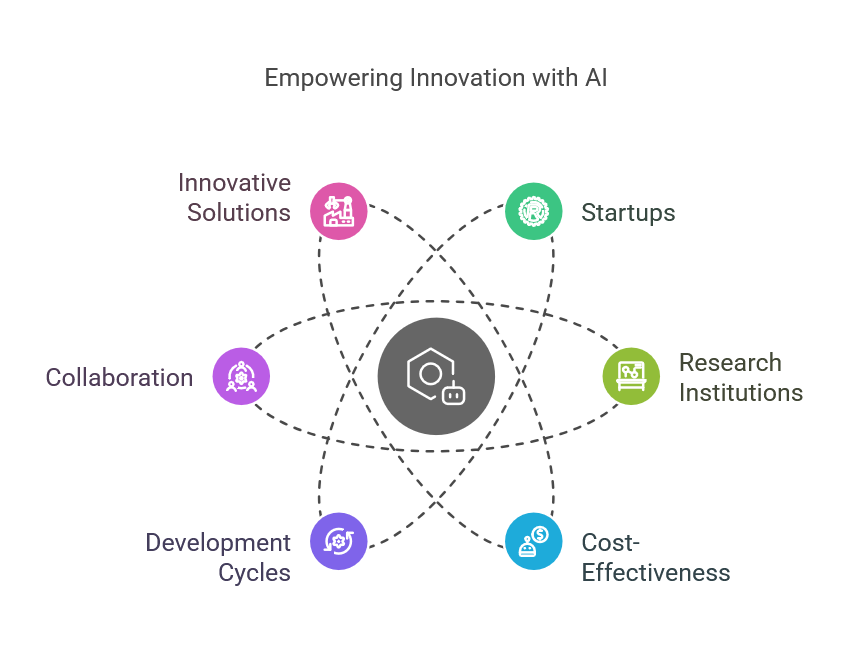
DeepSeek empowers startups and research institutions by providing cost-effective access to advanced AI tools. These tools enable faster development cycles, enhanced collaboration, and the ability to create innovative solutions tailored to specific regional and industry needs.
Reduced Financial and Technical Barriers
Training advanced neural networks traditionally required substantial financial investment in computing infrastructure or extensive technical expertise. DeepSeek, an early-stage technology company in Dublin, can now develop a specialised text classification system for regional e-commerce applications using modest computing resources and the framework’s optimised training methodologies.
Accelerated Prototype Development
The development cycle for AI-powered solutions is dramatically compressed through access to pre-trained foundation models. Creating a product recommendation engine for independent retailers in Northern Ireland might now require weeks rather than months, enabling more agile experimentation and faster market feedback. If initial approaches prove unsuccessful, teams can quickly adjust their strategy without significant sunk costs.
Enhanced Academic-Commercial Collaboration
Universities in regional technology centres like Galway or Belfast can more easily share research breakthroughs through the DeepSeek community, facilitating faster adoption of cutting-edge techniques in commercial applications. This symbiotic relationship between academic research and practical implementation creates a more vibrant regional AI ecosystem with deeper talent pools and significant innovation potential.
Competitive Access to Advanced Capabilities
DeepSeek enables smaller organisations to implement AI capabilities previously available only to large corporations with extensive research departments. This democratisation creates competitive dynamics where innovative applications and domain expertise outweigh pure resource advantages.
Building E-E-A-T Credibility with DeepSeek-Powered Solutions
Leveraging DeepSeek for AI development helps organisations establish credibility by showcasing practical implementation, demonstrating expertise, and building trust through transparency. These are key to enhancing E-E-A-T (Experience, Expertise, Authoritativeness, and Trustworthiness).
Demonstrating Experience Through Implementation
Organisations utilising DeepSeek can establish credibility by documenting authentic implementation examples. For instance, a specialised biotechnology startup in Manchester might publish a detailed case study demonstrating how they adapted a pre-trained biomedical model to analyse laboratory data. Concrete, measurable outcomes—such as “We reduced data processing time by 37% while improving analytical accuracy”—provide compelling evidence of practical experience.
Establishing Expertise and Authority
Referencing peer-reviewed publications or securing media coverage about innovative AI implementations demonstrates organisational expertise. If your development team or academic partners have significantly improved the DeepSeek framework or developed specialised modules, highlighting these contributions reinforces your authority in the field.
Building Trust Through Transparency
The inherent transparency of open-source frameworks supports trust-building with users and stakeholders. Organisations can provide access to code repositories, implementation documentation, and ethical guidelines demonstrating responsible AI development practices. For regional markets in Ireland or the UK, clear communication about how local data is handled shows respect for community privacy concerns and regulatory requirements.
Communicating Accuracy and Limitations
Responsible AI implementation includes transparent communication about system capabilities and limitations. Documenting validation methodologies, performance metrics, and potential edge cases demonstrates integrity and helps manage user expectations appropriately.
Open-source projects like DeepSeek naturally promote transparency, allowing organisations to demonstrate clear accountability regarding their technological foundations and data utilisation practices,” remarks Ciaran Connolly.
Regional Application Scenarios Across Ireland, Northern Ireland, and the UK
DeepSeek offers tailored AI solutions for regional challenges, enabling organisations across Ireland, Northern Ireland, and the UK to develop innovative applications that address local agriculture, healthcare, and language processing needs.
Regional Language Processing Solutions
Mainstream commercial AI systems have historically limited support for Irish Gaelic and Scots Gaelic. Using DeepSeek, linguistics specialists or cultural technology startups could fine-tune foundation models to create chatbots and digital assistants that accurately process these languages, enabling more authentic interactions for tourism, cultural heritage, and public services applications.
Agricultural Technology Innovations
Agriculture remains economically significant across rural Ireland and the UK. Small agricultural technology companies might develop specialised computer vision systems using DeepSeek to identify specific crop diseases, monitor livestock health indicators, or optimise irrigation based on regional growing conditions. The cost-effective nature of open-source implementation makes these advanced capabilities accessible even to small farming operations.
Healthcare Analytics and Service Optimisation
Healthcare providers in regional centres like Belfast might leverage DeepSeek to analyse patient data for improved service delivery. Custom machine learning solutions trained on local demographic patterns could identify early disease risk factors or optimise clinical resource allocation. The framework’s modular architecture allows careful implementation that maintains compliance with regional data protection regulations.
Financial Services Applications
Regional financial institutions can use DeepSeek to develop specialised fraud detection systems or personalised financial advisory tools. By training models on region-specific transaction patterns or economic indicators, these tools can provide more relevant insights than generic global solutions while maintaining lower implementation costs.
Creative Industries and Digital Media
The vibrant creative sectors in cities like Dublin, Belfast, and Edinburgh can leverage DeepSeek for content creation, audience analysis, and production optimisation. From predictive analytics for local audience preferences to computer vision tools for film production, open-source AI enables innovation without prohibitive technology investments.
Addressing Implementation Challenges
While adopting DeepSeek offers numerous benefits, organisations must navigate challenges such as data acquisition, technical expertise, and ongoing support. This section explores strategies to overcome these hurdles for successful AI implementation.
Technical Capability Development
While more accessible than proprietary alternatives, open-source frameworks still require fundamental machine learning knowledge. Smaller organisations might pursue several strategies to build the necessary capabilities:
- Strategic hiring of data science specialists
- Investing in upskilling existing technical staff
- Partnering with regional technology consultancies
- Accessing government funding programmes like Innovate UK or Enterprise Ireland’s technology adoption grants
Data Acquisition and Quality Management
Practical model training requires sufficient high-quality data. Organisations must develop data collection and labelling strategies for specialised applications like regional language processing. Potential approaches include:
- Collaborative partnerships with cultural institutions or universities
- Crowdsourcing initiatives within specialist communities
- Data-sharing arrangements with complementary organisations
- Synthetic data generation for rare cases or sensitive scenarios
Support and Maintenance Considerations
Some organisations hesitate to adopt open-source technologies due to concerns about ongoing support. However, several options exist to mitigate these risks:
- Engaging with the active DeepSeek developer community
- Contracting with specialised third-party support providers
- Developing internal expertise through progressive implementation
- Creating regional user groups for knowledge sharing
“Open-source technologies may initially appear challenging, but the collaborative support ecosystem often provides more flexible and responsive assistance than traditional vendor relationships—particularly for regionally-specific applications,” suggests Ciaran Connolly.
Strategic Digital Marketing Benefits of DeepSeek Innovation
DeepSeek-powered AI solutions offer significant advantages in digital marketing, from enhancing content marketing and SEO strategies to improving user experience and generating valuable backlinks, helping organisations strengthen their online presence.
Content Marketing and Thought Leadership
Publishing detailed technical articles, case studies, or implementation guides about your DeepSeek-powered solutions can establish your organisation as an authority in applied AI. Content addressing topics like “AI implementation for Irish SMEs” or “Open-source machine learning in financial services” can attract qualified traffic while building domain authority.
Targeted Keyword Optimisation
Many potential clients and partners search for specific terms like “cost-effective AI solutions in the UK” or “machine learning for agricultural applications in Ireland.” Developing comprehensive content documenting your DeepSeek implementation journey creates opportunities to rank for these valuable long-tail search terms, connecting your organisation with highly relevant audiences.
Building Authoritative Backlink Profiles
Innovative AI implementations often attract the attention of industry publications, regional business press, and technology media. By sharing compelling case studies and contributing to open-source communities, organisations can generate high-quality editorial backlinks that improve overall search visibility and domain authority.
Enhanced User Experience Metrics
AI-powered website features like personalised recommendations, intelligent search functionality, or conversational interfaces can significantly improve user engagement metrics. These improvements in dwell time, pages per session, and conversion rates positively influence search ranking factors while delivering better user experiences.
Comprehensive Implementation Framework
The Comprehensive Implementation Framework outlines the step-by-step process for successfully deploying DeepSeek-powered AI solutions, from problem definition to ongoing refinement, ensuring effective and scalable outcomes.
Strategic Planning Phase
- Problem Definition: Clearly articulate the specific business challenge, such as “We need a recommendation engine for our regional tourism platform that understands local attractions and seasonal patterns.
- Resource Assessment: Evaluate available technical capabilities, computational resources, and budget constraints.
- Success Metrics: Define concrete, measurable objectives for the AI implementation.
Data Preparation Phase
- Data Acquisition: Gather relevant training datasets from internal systems, public sources, or partnership arrangements.
- Quality Assurance: Implement data cleaning, validation, and standardisation processes.
- Augmentation Strategy: Develop approaches for enhancing limited data through synthetic data generation or transfer learning.
Technical Implementation Phase
- Environment Setup: Install the DeepSeek framework and configure the development infrastructure.
- Model Selection: Identify appropriate pre-trained models from the community repository or develop custom architectures.
- Training Process: Fine-tune selected models with domain-specific data, optimising for targeted performance metrics.
- Validation Approach: Implement rigorous testing methodologies to verify system performance and reliability.
Deployment and Integration Phase
- Application Integration: Connect the trained model with front-end interfaces and back-end systems.
- Performance Optimisation: Address latency, throughput, and resource utilisation requirements.
- Monitoring Framework: Implement systems to track performance, detect degradation, and identify improvement opportunities.
Continuous Improvement Cycle
- User Feedback Collection: Gather structured feedback on system performance and accuracy.
- Iterative Refinement: Regularly update models with new data and enhanced techniques.
- Community Engagement: Contribute improvements back to the DeepSeek ecosystem.
“Successful implementation requires a clear problem statement and commitment to ongoing refinement. AI systems are not static deployments—they require continuous evolution as your business requirements and available data evolve,” cautions Ciaran Connolly.
Strategic Considerations and Future Developments
This section explores key strategic factors and future developments for organisations using DeepSeek, focusing on staying ahead of AI advancements, managing competitive dynamics, and ensuring long-term success in a rapidly evolving field.
Navigating Competitive Dynamics
While open-source frameworks provide potent capabilities, proprietary solutions from major technology companies continue to make significant investments in AI research. However, for organisations prioritising customisation, control, or regional relevance, open-source approaches like DeepSeek offer compelling advantages even against well-funded commercial alternatives.
Managing Technical Evolution
The rapid pace of AI advancement means DeepSeek will likely release significant architectural improvements regularly. Organisations must develop strategies for evaluating these updates, balancing the benefits of improved capabilities against the costs of retraining and integration. Establishing a structured evaluation process for new releases helps manage this ongoing challenge.
Expanding Accessibility Through Simplified Interfaces
As DeepSeek matures, we can anticipate the development of more intuitive graphical interfaces and low-code implementation options. These advancements would further democratise AI development, enabling non-technical stakeholders to leverage machine learning capabilities. This evolution could dramatically accelerate adoption across public sector organisations and small businesses throughout the UK and Ireland.
Emerging Regulatory Considerations
The regulatory landscape for AI is evolving rapidly across Europe, with particular implications for open-source frameworks. Forward-thinking organisations should monitor developments in AI governance, data protection requirements, and emerging standards for transparency and explainability. Implementing robust documentation and governance frameworks early provides advantages as these regulations mature.
Realising the Potential of Democratised AI Development
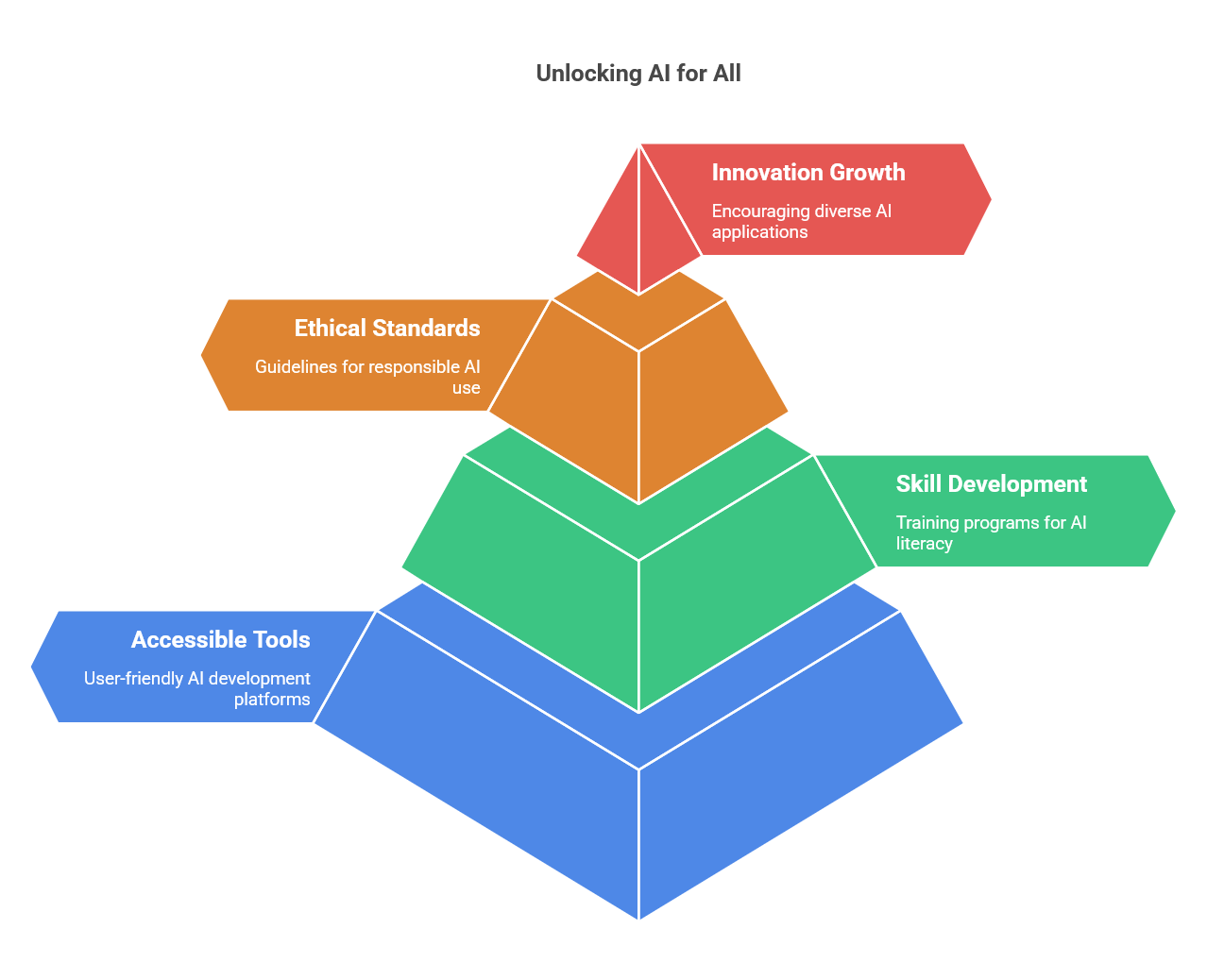
DeepSeek represents a significant advancement in open-source artificial intelligence—enabling smaller startups, regional development teams, and academic researchers across Ireland, Northern Ireland, and the UK to create sophisticated machine-learning solutions with significantly reduced financial and technical barriers. The framework’s flexible architecture, comprehensive model repository, and collaborative community approach address many historical limitations that prevent wider AI adoption.
For forward-thinking organisations, DeepSeek offers opportunities to develop specialised AI capabilities previously beyond reach—from regional language processing systems to industry-specific analytical tools tailored for local markets. However, successful implementation still requires thoughtful investment in data preparation, technical capability development, and ongoing refinement processes.
Organisations can simultaneously build technical capabilities and establish credibility in the rapidly evolving AI landscape by documenting implementation experiences, contributing to community knowledge, and maintaining transparent, ethical practices. As open-source AI frameworks mature, those who develop expertise in leveraging these tools for specific regional and domain challenges will create sustainable competitive advantages.
“The democratisation of AI development through frameworks like DeepSeek creates unprecedented opportunities for regional innovation. When sophisticated machine learning capabilities become accessible to local entrepreneurs and researchers, we can address specific challenges with solutions that reflect our unique regional context rather than relying on generic global approaches,” concludes Ciaran Connolly.
Responsible Implementation: Safety and Ethical Considerations
While DeepSeek offers powerful capabilities for organisations of all sizes, responsible implementation requires careful attention to potential risks and ethical considerations. This section outlines key approaches for ensuring your AI development maintains appropriate safeguards.
Data Privacy and Security Framework
Implementation Guidelines:
- Establish comprehensive data governance policies covering collection, storage, processing, and retention
- Implement appropriate anonymisation and pseudonymisation techniques for sensitive information
- Conduct regular security audits of AI systems and supporting infrastructure
- Ensure compliance with regional regulations including UK GDPR and the Data Protection Act 2018
Risk Mitigation:
- Avoid processing personally identifiable information unless absolutely necessary
- Implement strong access controls and encryption for all training and operational data
- Consider deploying models in isolated environments for sensitive applications
- Document all data handling processes for regulatory compliance and transparency
Addressing Bias and Fairness
Implementation Guidelines:
- Evaluate training data for potential biases related to gender, ethnicity, age, or regional characteristics
- Implement regular testing for fairness across different population segments
- Establish clear performance metrics that include equity considerations
- Develop diverse development teams to identify potential blind spots
Risk Mitigation:
- Supplement training data to address identified representational imbalances
- Implement algorithmic fairness techniques appropriate to your application domain
- Establish monitoring systems to detect emerging bias in deployed systems
- Create transparent escalation processes for addressing identified fairness issues
Transparency and Explainability
Implementation Guidelines:
- Document model architecture, training methodologies, and performance characteristics
- Implement appropriate explainability techniques based on application sensitivity
- Provide clear information to users about AI system capabilities and limitations
- Establish processes for handling queries about AI-generated outputs
Risk Mitigation:
- Consider explainable AI techniques for high-stakes applications
- Maintain human oversight for sensitive decision processes
- Provide clear attribution for AI-generated content
- Document known limitations and edge cases for operational systems
Responsible Deployment Framework
Implementation Guidelines:
- Establish staged deployment processes with appropriate validation at each phase
- Implement robust monitoring systems to detect unexpected behaviours
- Develop clear incident response procedures for AI system failures
- Create feedback mechanisms for users to report concerns or unexpected results
Risk Mitigation:
- Begin with low-risk applications to build expertise before addressing sensitive domains
- Maintain human review processes for high-stake decisions
- Establish regular review cycles for deployed AI systems
- Develop contingency plans for system degradation or failure
Ongoing Governance
Implementation Guidelines:
- Establish an AI ethics committee appropriate to your organisation’s size and applications
- Regularly review systems against evolving ethical guidelines and best practices
- Monitor regulatory developments affecting AI systems in your operational regions
- Participate in industry governance initiatives relevant to your application domains
While democratised AI development creates tremendous opportunities, it also broadly distributes responsibility for ethical implementation. Organisations leveraging frameworks like DeepSeek must commit to responsible development practices that address privacy, fairness, transparency, and safety throughout the entire AI lifecycle,” emphasises Ciaran Connolly.
Building Regional AI Ecosystems
The accessibility of frameworks like DeepSeek creates opportunities for individual organisations and for developing more substantial regional AI capabilities across Ireland, Northern Ireland, and the UK. This collaborative approach can amplify benefits beyond what any single implementation might achieve.
Cross-Sector Collaboration Models
- Industry-Academic Partnerships: Structured collaboration between universities and commercial organisations to address shared challenges
- Regional Specialisation Clusters: Developing centres of excellence focused on domain-specific AI applications relevant to regional economic strengths
- Public-Private Innovation Frameworks: Collaborative approaches combining government data resources with private sector implementation expertise
- Open Data Initiatives: Community-driven projects to develop high-quality training datasets for regional applications
Skills Development Programmes
- Targeted Education Initiatives: Specialised training programmes addressing regional skill gaps in AI development
- Mentorship Networks: Connecting experienced AI practitioners with emerging talent
- Coding Bootcamps: Intensive training programmes focused on practical implementation skills
- Community Knowledge Sharing: Regular meetups, workshops, and conferences focused on open-source AI applications
Regional Support Infrastructure
- Shared Computing Resources: Community access to high-performance computing for training resource-intensive models
- Technical Support Networks: Collaborative troubleshooting and implementation assistance
- Funding Mechanisms: Grants, competitions, and investment programmes specifically supporting regional AI innovation
- Policy Advocacy: Coordinated approach to developing supportive regulatory environments
By fostering these regional ecosystems around open-source AI frameworks like DeepSeek, communities across Ireland, Northern Ireland, and the UK can develop distinctive capabilities addressing their specific challenges and opportunities, creating sustainable innovation advantages beyond what individual organisations could achieve independently.
